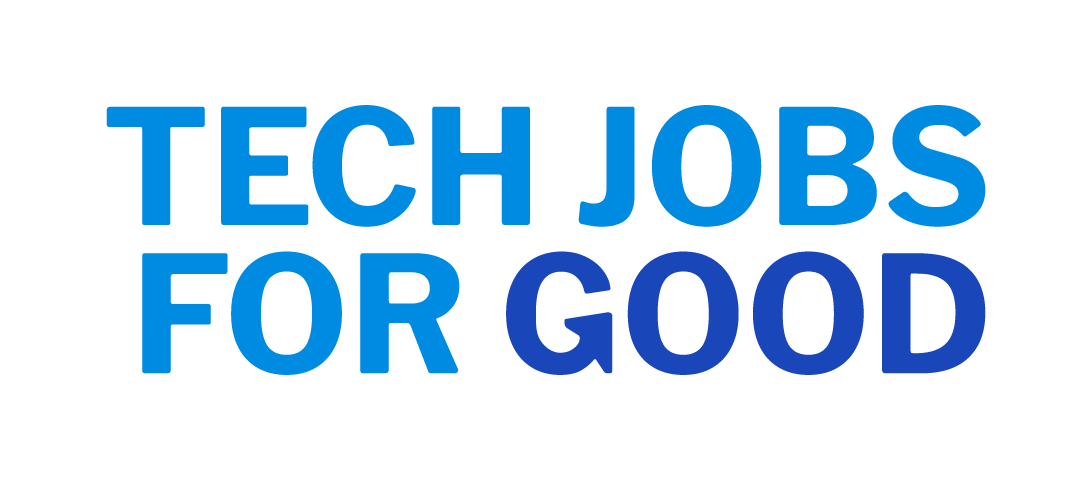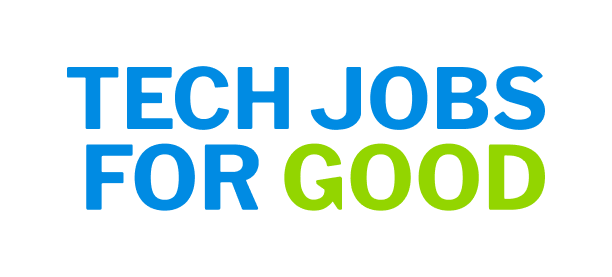PLC Software Engineer
Skyven Technologies · Remote, USA
About the Opportunity
At Skyven Technologies, we have developed a revolutionary heat pump technology to decarbonize industrial heat and move the needle on climate change. Our technologies have the potential to completely eliminate on-site CO2 emissions from industrial steam. We implement this technology through an innovative Energy-as-a-Service model that provides clean process heat to industrial facilities. We identify, fund, design, build, and install our cutting-edge, decarbonization technologies to help industrial manufacturers reach their sustainability goals, while minimizing their risk and reducing their operational expenses.
About the Role
We are looking for a skilled and driven PLC Software Engineer to support the design, development, and deployment of control software for our cutting-edge steam-generating heat pump systems. This role offers a unique opportunity to engage in true 0-to-1 software development, translating a controls narrative and PLC hardware architecture into a fully functioning, field-deployed system. You will be responsible for authoring detailed sequences of operation, writing and testing PLC code, and supporting the software throughout its lifecycle. Ideal candidates will have a strong foundation in PLC programming and a desire to deepen their expertise in Siemens S7 platforms, PID loop tuning, sensor integration, and VFD control within a dynamic engineering team.
Responsibilities
PLC Development & Software Engineering
- Design, develop, and maintain PLC software for Siemens Simatic S7 PLCs and ET 200SP distributed I/O hardware.
- Develop and maintain a version-controlled library of reusable Function Blocks (FB) and User-Defined Data Types (UDT), with basic version control tracking post-deployment.
- Contribute to a scalable software architecture for various hardware configurations within the product platform.
- Assist in creating and documenting guidelines for PLC library objects, configured code, and code documentation.
Controls and Automation
- Develop sequences of operation in collaboration with mechanical and electrical teams, identifying and addressing gaps in control narratives during the process.
- Integrate PID loops, sensors, and VFDs for continuous control applications.
- Support the development of custom automation tools to aid the team in configuring and deploying code for different heat pump setups.
Testing and Commissioning
- Assist in bench testing and limited simulation efforts, working alongside the SCADA team.
- Help write and test basic commissioning scripts and startup procedures.
- Troubleshoot and resolve PLC software bugs during commissioning and post-deployment phases.
Requirements
- B.S. in Computer Science, Electrical Engineering, or related engineering discipline.
- 5-7 years of experience in software development with a focus on PLC programming.
- Proficiency in Structured Control Language (SCL) and Function Block Diagram (FBD) according to IEC 61131-3 standards.
- Experience writing and testing code for Siemens PLCs (Simatic S7, ET 200SP DIO), with some exposure to PID control, sensors with various signal types, and VFDs.
- Familiarity with industrial communication protocols (e.g., PROFINET, OPC-UA, Modbus).
- Ability to write sequences of operation and implement descriptive user-defined data types.
- Strong problem-solving skills and a willingness to learn and grow in a fast-paced environment.
Preferred
- Experience using simulation tools for PLC testing.
- Basic skills in developing automation tools/scripts (Python, etc.) for PLC configuration.
- Familiarity with commissioning test scripts for control systems.
- Knowledge of fluid systems and steam processes.
- Exposure to functional safety, safety PLCs, and SIL requirements.
Benefits
- Base Salary: $75,000 - $100,000
- Stock options
- Flexible PTO
- Paid parental leave
- Medical, dental, vision
- 401k
Location
- Fully remote; we are a remote first organization
- Must live in and be authorized to work in the United States
- Some travel may be required, up to 10-15% annually

